Retro Replay Review
Gameplay
Think: Training für den Kopf – Kids offers a suite of eighteen bite-sized mini-games spread across six distinct categories, each designed to sharpen a different mental muscle. From language comprehension puzzles that ask children to match words with images, to math challenges that reinforce basic arithmetic, the variety keeps young minds engaged. Memory‐boosting tasks demand keen observation, while logical-thinking exercises promote pattern recognition and deductive reasoning.
(HEY YOU!! We hope you enjoy! We try not to run ads. So basically, this is a very expensive hobby running this site. Please consider joining us for updates, forums, and more. Network w/ us to make some cash or friends while retro gaming, and you can win some free retro games for posting. Okay, carry on 👍)
At the start of the game, players choose between a boy or girl guide who accompanies them through every level. This friendly character provides real-time feedback—congratulating successes, gently correcting mistakes, and offering targeted advice to help kids improve. The personalized commentary makes each session feel like a one-on-one tutoring experience, adding a warm, encouraging tone that keeps frustration at bay.
Multiplayer mode adds a social twist without requiring extra hardware: two players can compete or cooperate using a single game cartridge. Matching wits with friends or family injects a healthy dose of friendly rivalry, and watching peers tackle the same puzzles can foster collaborative learning. Whether tackling challenges solo or side by side, the game’s difficulty curve adapts to each child’s pace, ensuring that tasks remain challenging but never discouraging.
Graphics
The visual presentation of Think: Training für den Kopf – Kids is bright, colorful, and immediately appealing to its target audience of eight-year-olds and up. Each mini-game features simple, clean graphics free of unnecessary clutter, making it easy for children to focus on the task at hand. Bold icons and vivid backgrounds guide the eye, ensuring that even the youngest players can navigate menus and understand objectives at a glance.
Character design leans into a friendly, cartoonish style: the selectable boy and girl guides have expressive faces and animated gestures that celebrate wins and commiserate over mistakes. These small touches lend personality to otherwise academic exercises, transforming routine drills into a playful adventure. Transitions between puzzles are smooth, and visual cues—such as stars or progress bars—provide instant feedback on performance.
Though this title doesn’t push the boundaries of graphical fidelity, its art direction is perfectly attuned to its educational mission. Icons are large and distinct, text is easy to read, and color palettes are chosen to maximize contrast and avoid visual fatigue. The simplicity of the visuals ensures that children remain focused on the mental challenge rather than getting distracted by flashy effects.
Story
While Think: Training für den Kopf – Kids isn’t a narrative-driven game in the traditional sense, it weaves a light thematic thread through each exercise. The premise is that children are on a “brain training expedition,” guided by their chosen character through six different realms of logic and learning. This framing gives each mini-game a sense of purpose beyond mere drills, turning every correct answer into a small victory on their journey to becoming a “Brain Champion.”
The guiding avatar functions as both mentor and companion, offering encouraging remarks, fun facts, and tips whenever a player struggles or excels. This creates a loose storyline of progress and growth, reinforcing the idea that practice leads to tangible improvement. Periodic milestones—such as earning a special badge after mastering all puzzles in a category—serve as narrative anchors that motivate kids to keep exploring.
Although there are no cutscenes or elaborate plot twists, the game’s gentle progression and reward structure create an engaging loop that feels like a story unfolding. Each completed challenge unlocks the next set of brain teasers, and the promise of new puzzles and fresh feedback keeps children curious. In essence, the narrative is one of self-improvement: every child becomes the hero of their own educational adventure.
Overall Experience
Think: Training für den Kopf – Kids strikes an excellent balance between fun and foundational learning. Its carefully curated mini-games offer targeted practice in language, math, memory, and logic, all delivered through a playful interface that feels more like a game than a lesson. The supportive guidance of the in-game character adds warmth and personalization, encouraging continued play and steady progress.
Parents and educators will appreciate the clear structure and measurable feedback that help track a child’s strengths and areas for improvement. The single-cart multiplayer option is a welcome bonus, promoting healthy competition and collaborative problem-solving among siblings and friends. Replay value is high: with eighteen distinct puzzles and adjustable difficulty, children can revisit challenges and watch their performance improve over time.
While the graphics and presentation remain deliberately simple, they serve the game’s educational goals perfectly, ensuring that young players stay focused on the cognitive tasks. Overall, Think: Training für den Kopf – Kids delivers an engaging, well-paced experience that transforms brain training into an enjoyable activity. It’s a highly recommended tool for families and classrooms looking to foster critical thinking skills in an entertaining format.
 Retro Replay Retro Replay gaming reviews, news, emulation, geek stuff and more!
Retro Replay Retro Replay gaming reviews, news, emulation, geek stuff and more!
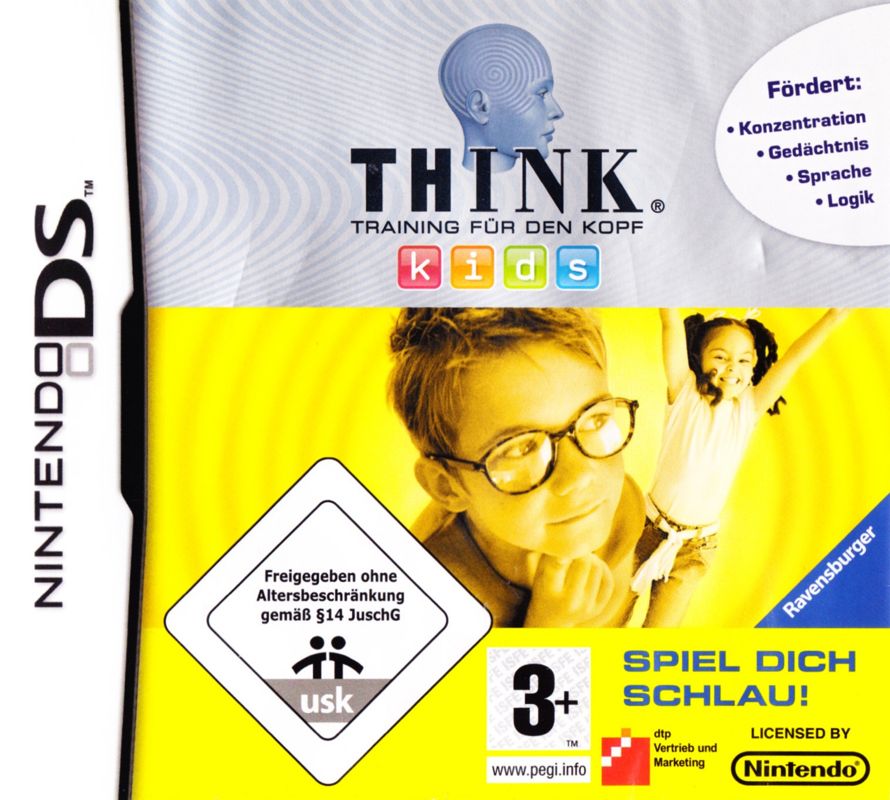
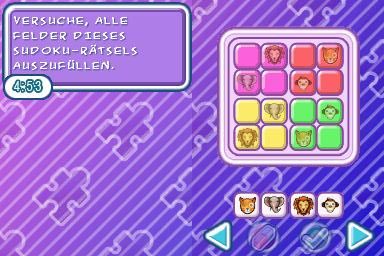
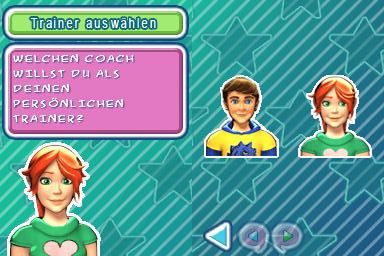
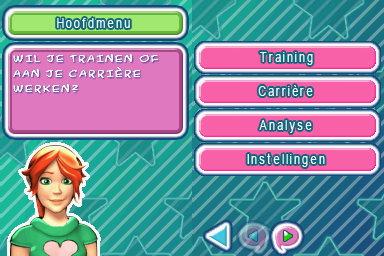
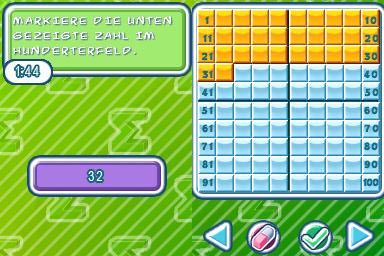
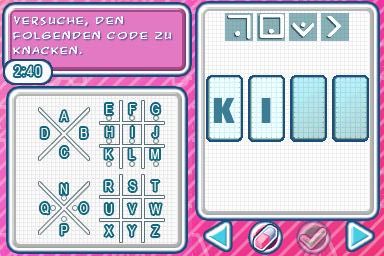
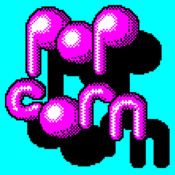


Reviews
There are no reviews yet.